February is Black History Month in the United States, a time to honor African Americans’ significant history and contributions. This month is federally celebrated and hosted by The Library of Congress, National Archives and Records Administration, National Endowment for the Humanities, National Gallery of Art, National Park Service, Smithsonian Institution and United States Holocaust Memorial Museum. With the most prominent historical societies backing this holiday, Black History Month is undeniably an educational event. We at The SCAD Connector are proud to be part of this legacy.
“Herein lies the tragedy of the age: not that men are poor — all men know something of poverty; not that men are wicked — who is good? Not that men are ignorant — what is truth? Nay, but that men know so little of men.” — W.E.B. Du Bois
The pursuit of literature is to explore the human experience through narrative, and nobody is more qualified to profess the Black experience than Black authors themselves. Their tradition is as old as the United States, exposing the most intimate, often scary, parts of this country.
While there are countless other Black authors to celebrate this February (and the rest of the year), the authors on this list were pioneers of social justice and literary excellence, having been the “firsts” to reach certain accomplishments in their field.

Phillis Wheatley
“In every human Breast, God has implanted a Principle, which we call Love of Freedom; it is impatient of Oppression, and pants for Deliverance.”
― Phillis Wheatley
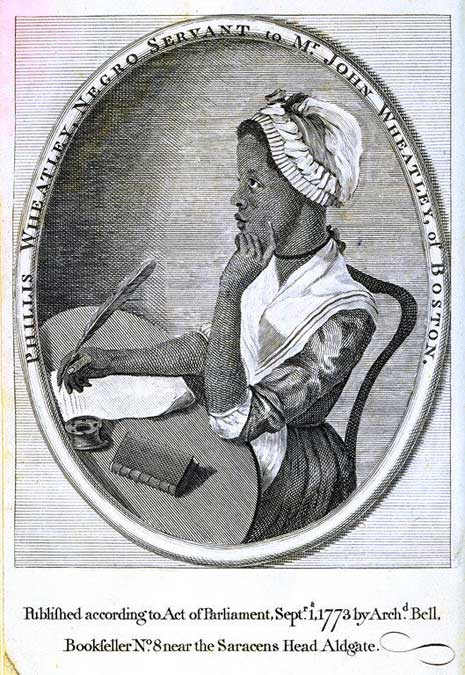
Phillis Wheatley is considered the first African American to publish a book of poems — a remarkable feat for an enslaved woman during the Revolutionary War. Wheatley worked for the Wheatley family, from whom she took her last name, as a house servant. During her time at the estate, the Wheatley family’s children taught her English, an unusual for an enslaving family to do at the time. They encouraged Wheatley’s literacy and skill as a poet, eventually emancipating her after her first poetry collection was published in London (as no publishers in the States would consider her work). As a free and published woman, Phillis Wheatley embodied classical poetry with themes of Christianity and Greco-Roman lore through lyric stanzas of iambic pentameter.
Notable Works:
— Poems of Phillis Wheatley: A Native African and a Slave
W.E.B. Du Bois
“All art is propaganda, and ever must be, despite the wailing of the purists. I stand in utter shamelessness and say that whatever art I have for writing has been used always for propaganda for gaining the right of black folk to love and enjoy. I do not care a damn for any art that is not used for propaganda.”
— W.E.B. Du Bois
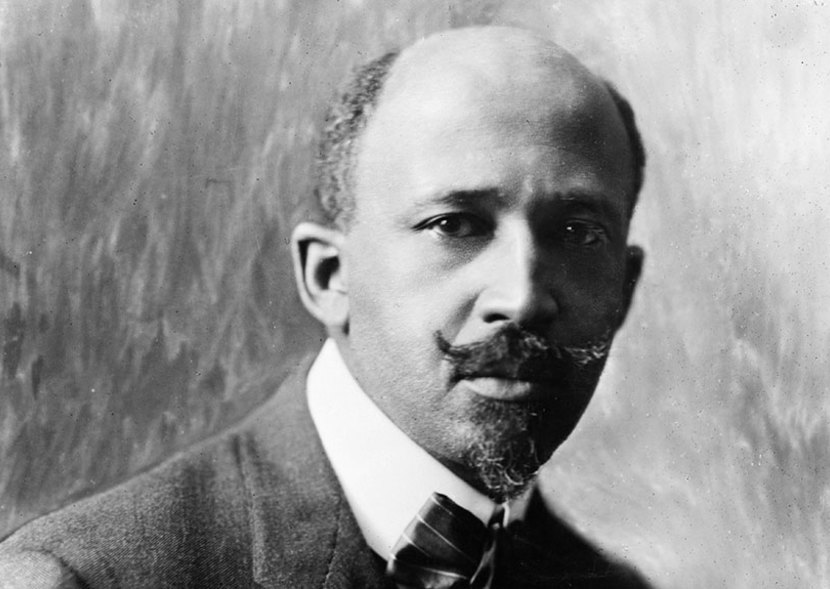
William Edward Burghardt (W.E.B.) Du Bois was the first African American man to earn a doctorate degree, from Harvard University no less, and his scholarly work shaped socio-political conversations around race. Du Bois wrote that education and art were vital to the civil rights movement and greater society. He was an outspoken Pan-Africanist, socialist and anti-war advocate who focused on workplace equality. His dedication to activism led him to be one of the founders of the National Association for the Advancement of Colored People. While Du Bois lived in the United States for most of his life, he ended his incredibly full life in Ghana at 95 years old.
Notable Works:
Langston Hughes
“In all my life, I have never been free. I have never been able to do anything with freedom, except in the field of my writing.”
— Langston Hughes
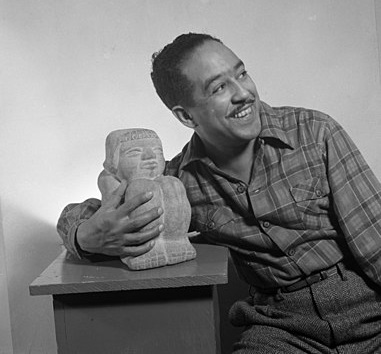
In the early 20th century, the Harlem Renaissance was a cultural movement promoting Black artistic expression, hailing from the Harlem area in New York. More widely, this time period was known as the “Jazz Age” because jazz music spread like wildfire out of Harlem with musicians like Louis Armstrong. A man named Langston Hughes was everything the Harlem Renaissance was about: pushing artistic boundaries, emphasizing art as a culture and uplifting Black creators. Hughes’ jazz poetry mimicked the rhythms and tone of the music. His poetic voice included African American Vernacular English to add a layer of authenticity and empathy to the poems he wrote about working Black people. Hughes was the Harlem Renaissance.
Notable Works:
— The Collected Poems of Langston Hughes
Ralph Ellison
“Power doesn’t have to show off. Power is confident, self-assuring, self-starting and self-stopping, self-warming and self-justifying. When you have it, you know it.”
— Ralph Ellison
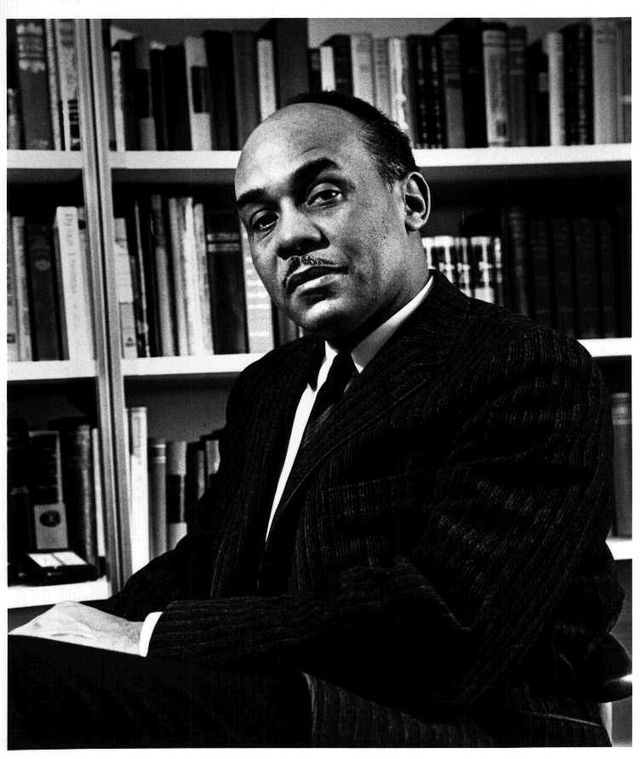
Ralph Ellison penned one of the most famous American fiction novels, “Invisible Man,” which won the National Book Award in 1953. Ellison grew up poor but was educated in literature as it was his father’s passion, which is why Ellison was named “Ralph Waldo,” after Ralph Waldo Emerson. When he moved to New York, Ellison began his career as an author and literary critic while he wrote the infamous “Invisible Man.” His novel follows an educated Black man as he examines racial identity in the American North and South. Ellison later began a work called “Juneteenth,” which wasn’t published until after his death in 1994.
Notable Works:
Gwendolyn Brooks
“Writing is a delicious agony.”
― Gwendolyn Brooks
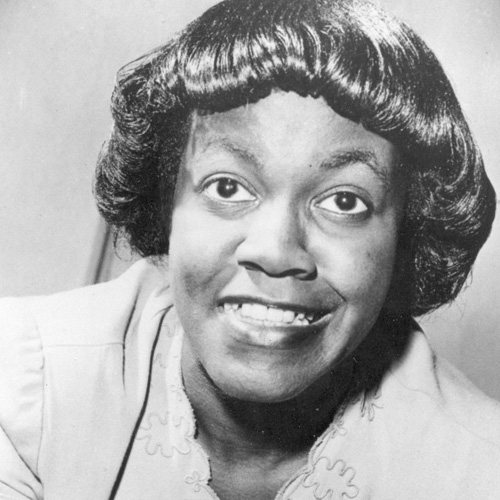
Gwendolyn Brooks began her poetry journey in childhood, publishing her first poem in the American Childhood publication at 13 years old. Her poems appeared on the pages of several other publications during her teenage years, most often based in Chicago, where she grew up. Brooks was tireless in her career, leading her to win a Pulitzer Prize in poetry. She was the first African American woman to achieve the award. She also became a Poet Laureate, National Book Award nominee, Guggenheim Fellow, Academy of American Poets Fellow and college professor who inspired a new generation of writers to develop their craft. Her poetic accomplishments were incredible in general, but they were much harder to earn as a Black woman in the 1900s. Her legacy continues to impress writers today.
Notable Works:
James Baldwin
“I am what time, circumstance, history, have made of me, certainly, but I am also, much more than that. So are we all.”
— James Baldwin
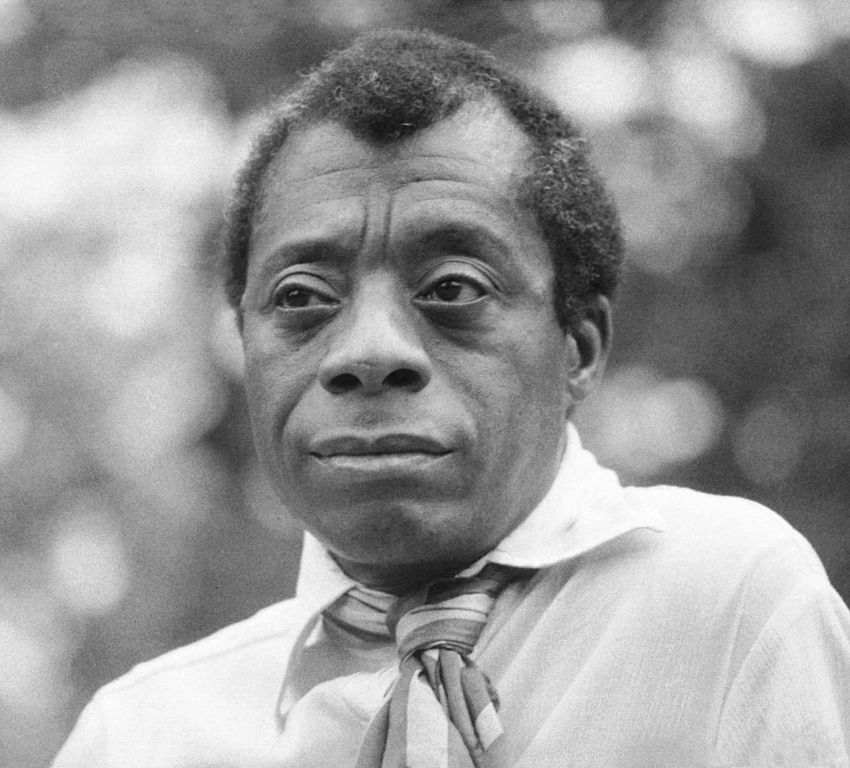
James Baldwin was a writer in every sense of the word — he published essays, poems, theatre plays and fiction stories about masculinity and race. One of his most famous and controversial works, “Giovanni’s Room,” was a gay and bisexual romantic drama. Baldwin’s work and advocacy bridged the LGBT+ and Black Civil Rights movements. Born during the Harlem Renaissance, he grew up with prominent cultural inspirations, however, he struggled with his sexuality and tried to find refuge in religion in his teenage years.
As an adult, Baldwin decided to leave the vicious racial attitudes of the United States for France. His life in Western Europe influenced his literature, but he never stopped speaking on African American issues. He served on the Congress of Racial Equality and hosted talks on civil rights. Baldwin’s writing will always serve as a complex look into racial and sexuality-based issues in the United States and Europe.
Notable Works:
Maya Angelou
“You may shoot me with your words,
You may cut me with your eyes,
You may kill me with your hatefulness,
But still, like air, I’ll rise!”
— Maya Angelou
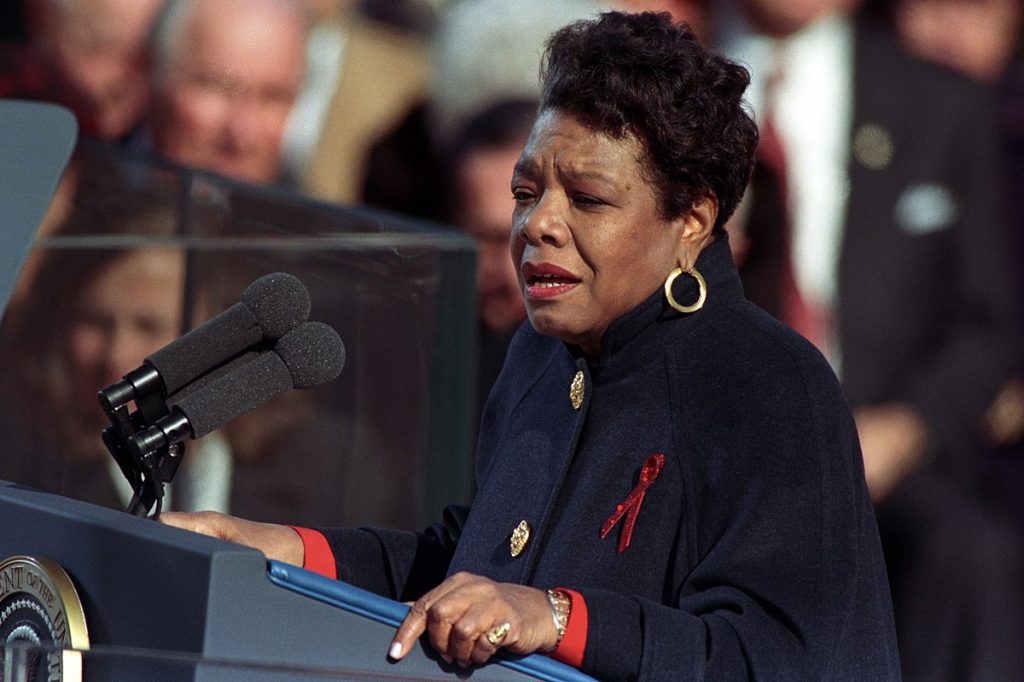
Writer, director, playwright, professor and performer Maya Angelou was one of the most potent American voices in poetry and activism. Her work unapologetically illustrates her experiences with racism and misogyny, discussing how she survived sexual assault and eventually entered the sex work industry. She was selectively mute for years during her youth because she believed that her words were dangerous. Thankfully, she found her voice through the written word, and she commanded respect by speaking on important social issues and exploring the depths of herself. Even until her death in 2014 at 86 years old, there remain few writers who have worn as many titles as she has.
Notable Works:
Happy Black History Month, and read on!





















